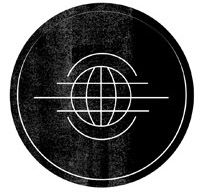682 reads
Crosschain Interoperability: Soon, We Won’t Say “Web3”
by
January 16th, 2024
Audio Presented by

The world’s finest emerging industries/tech PR group. Highly bespoke, integrated services for visionary businesses.
Story's Credibility

About Author
The world’s finest emerging industries/tech PR group. Highly bespoke, integrated services for visionary businesses.
